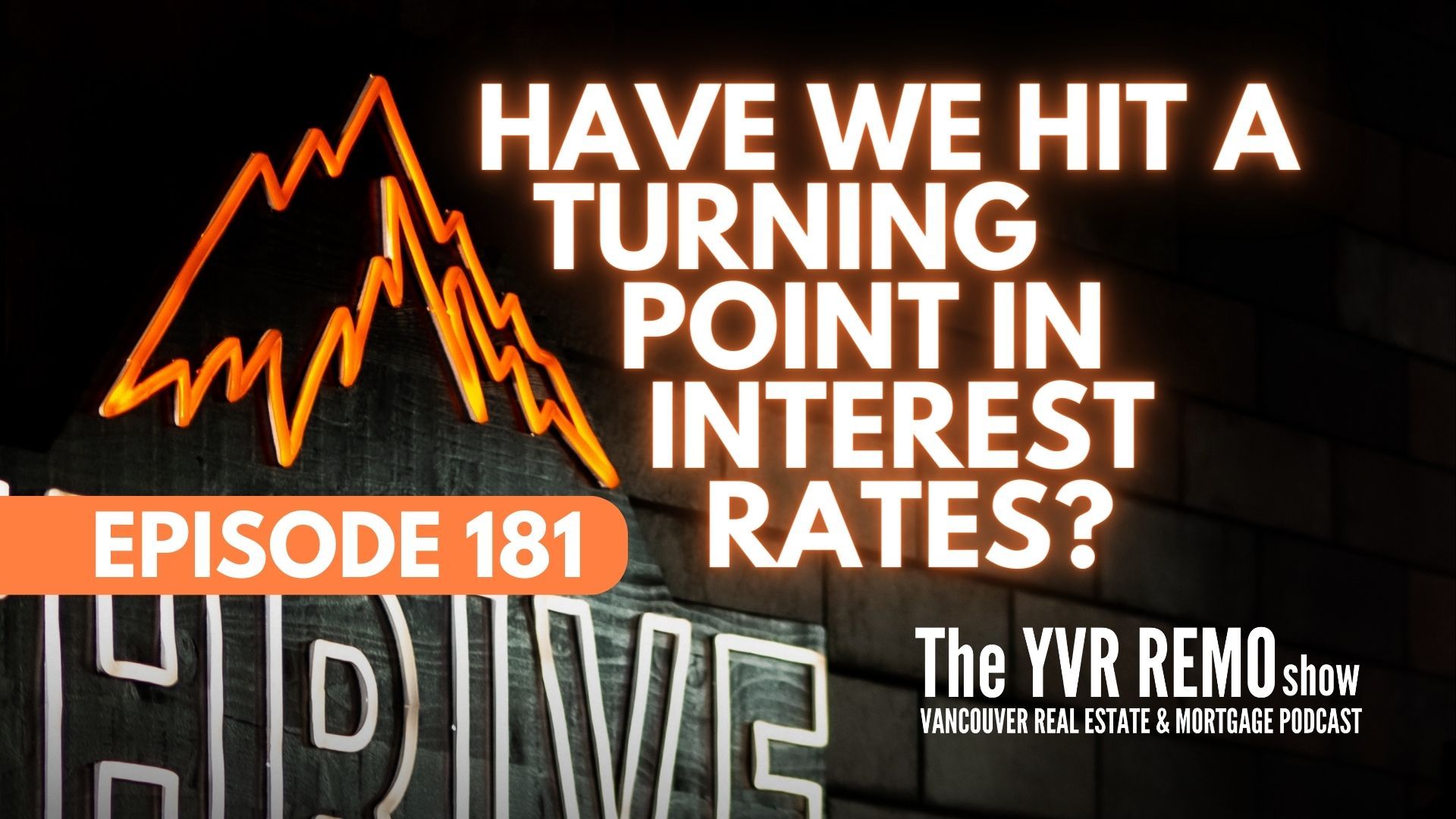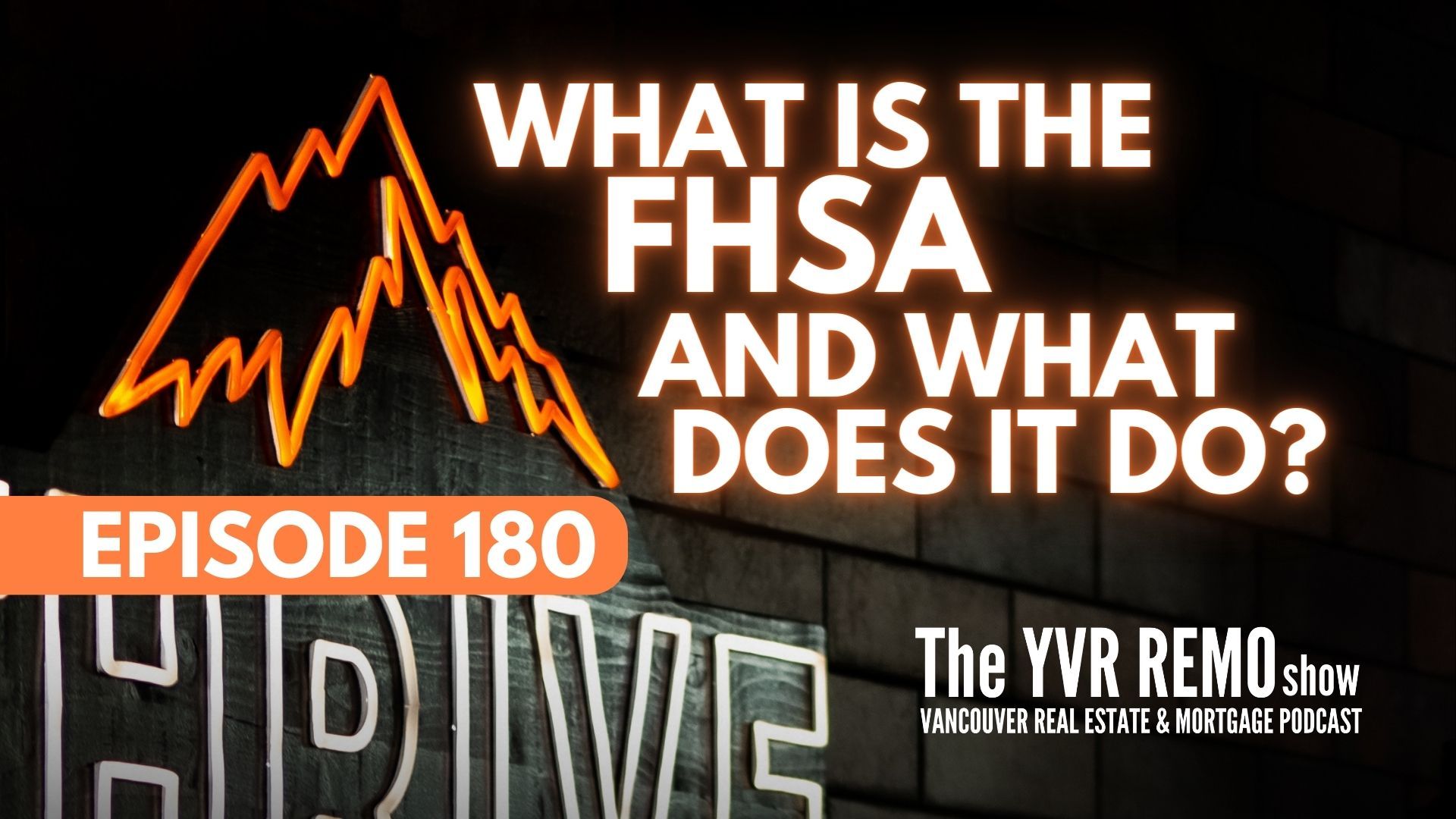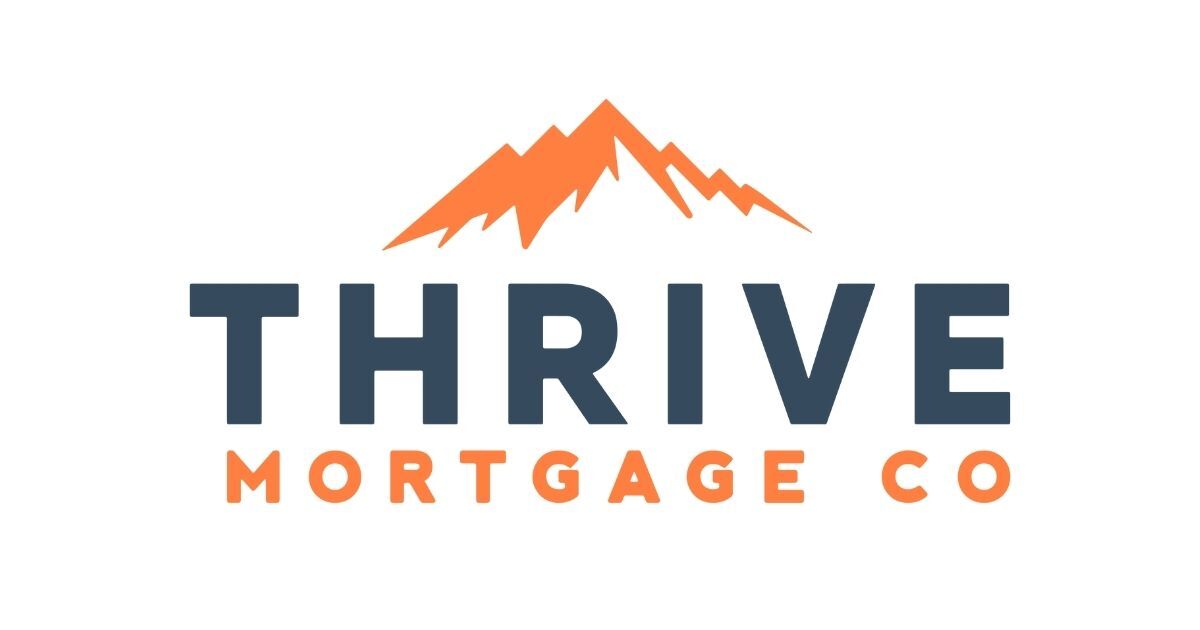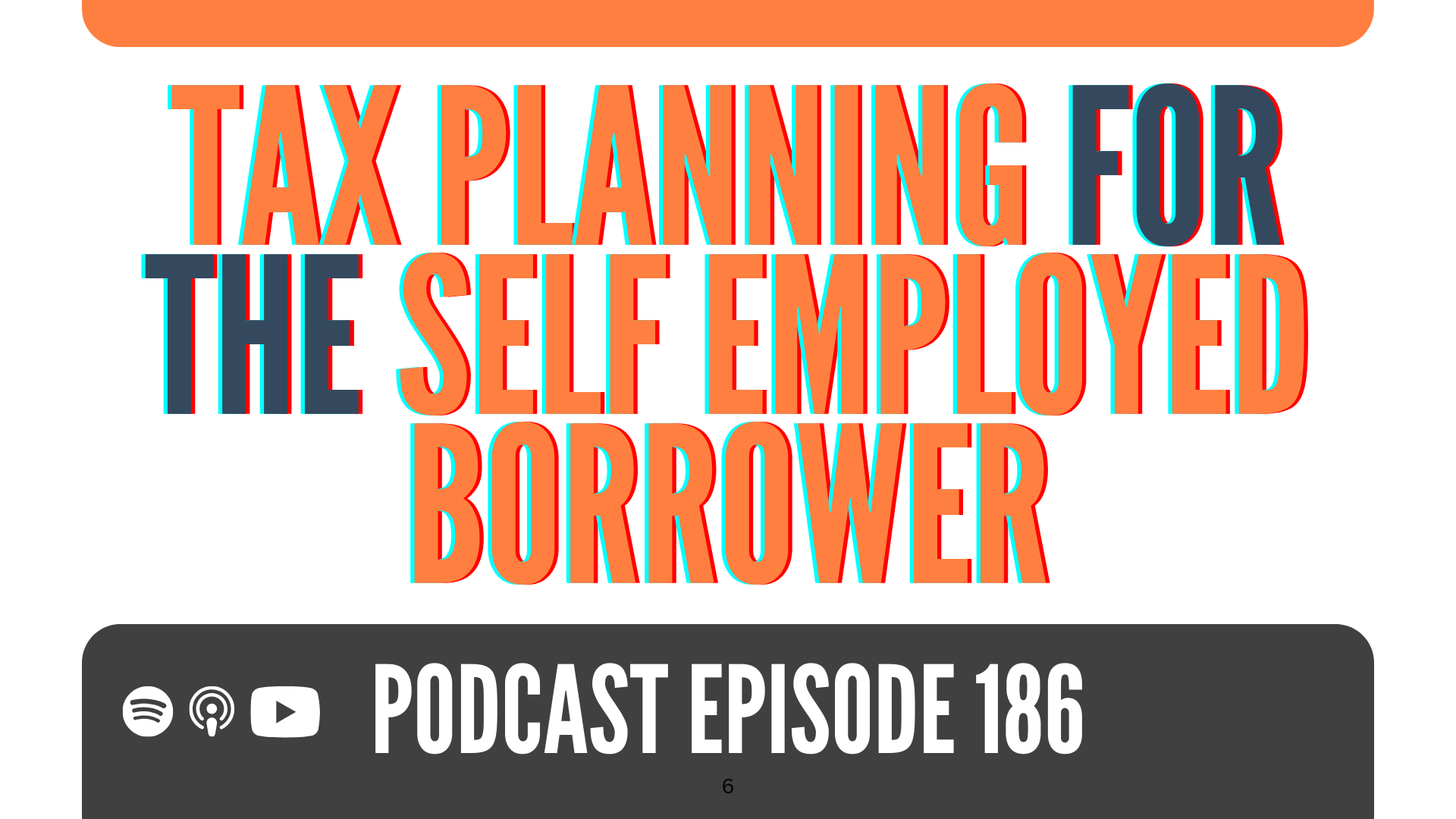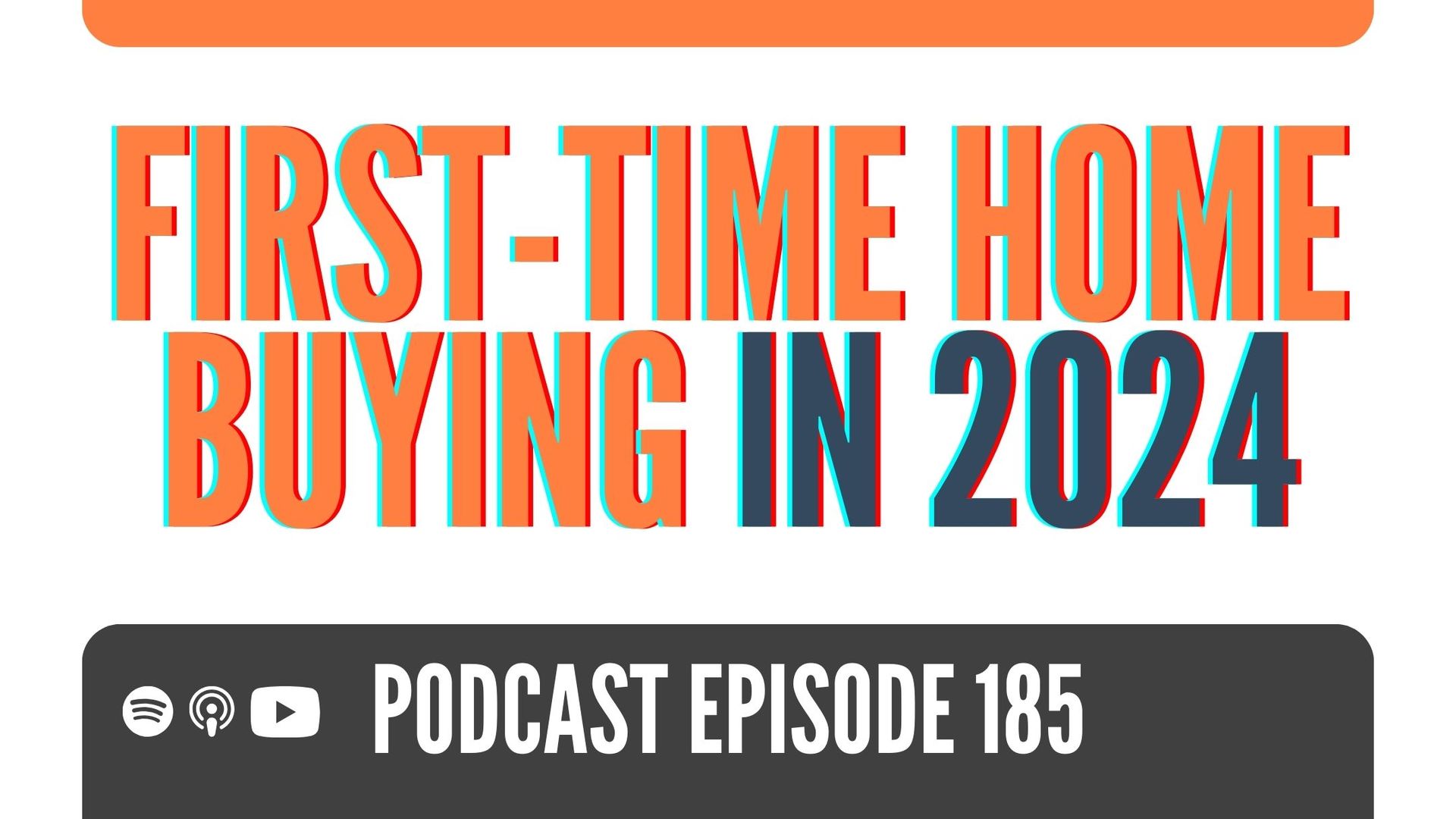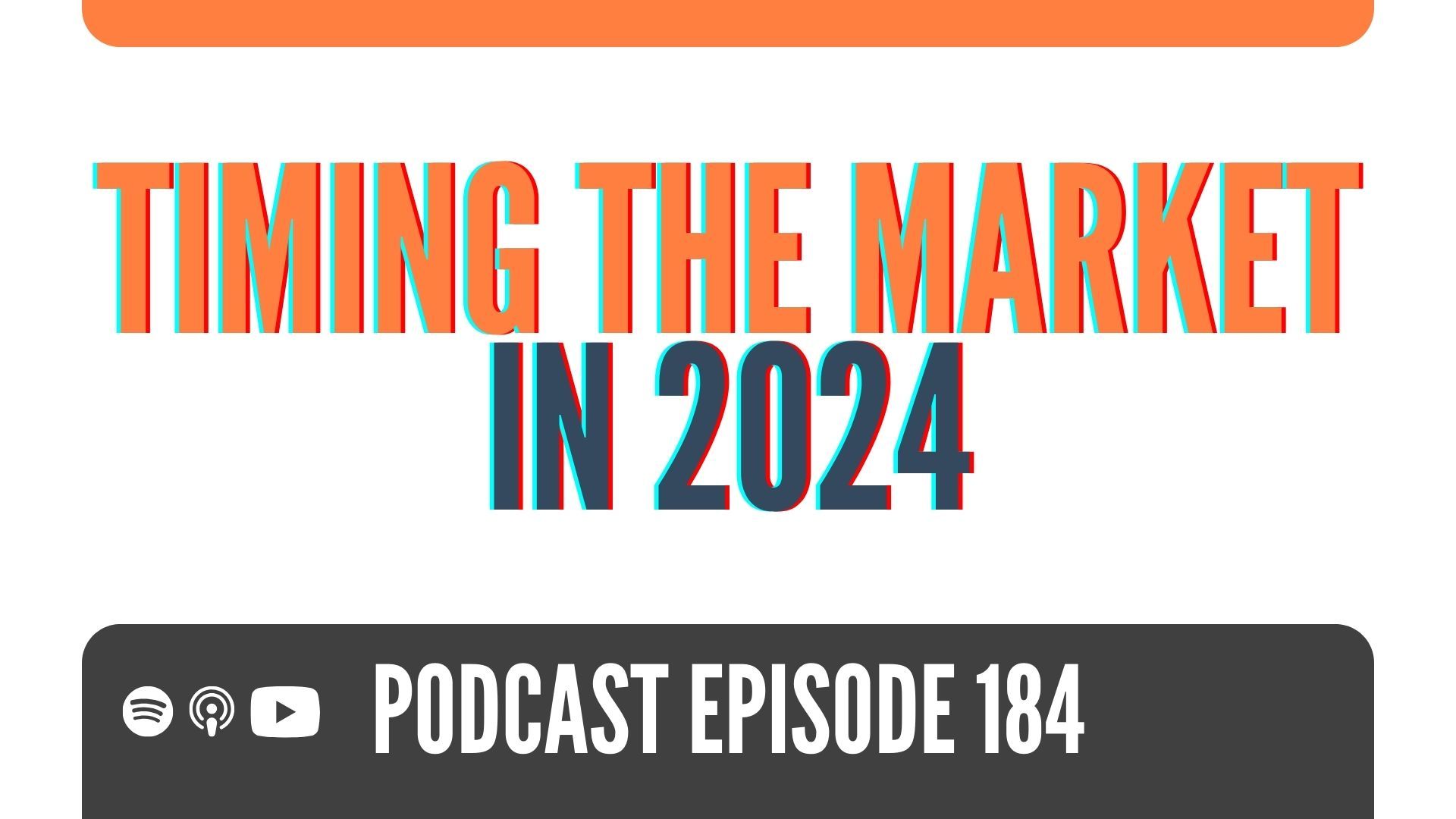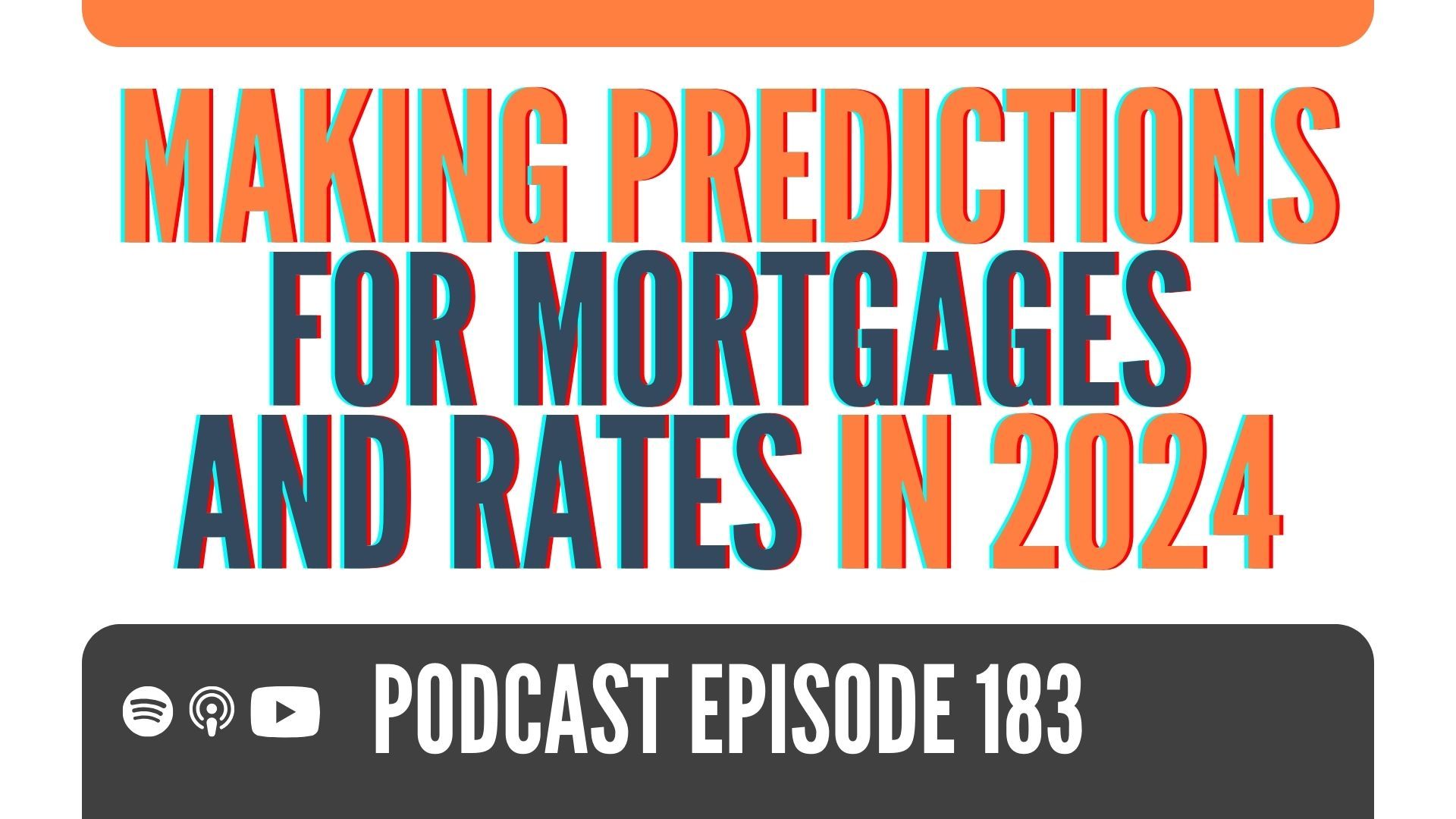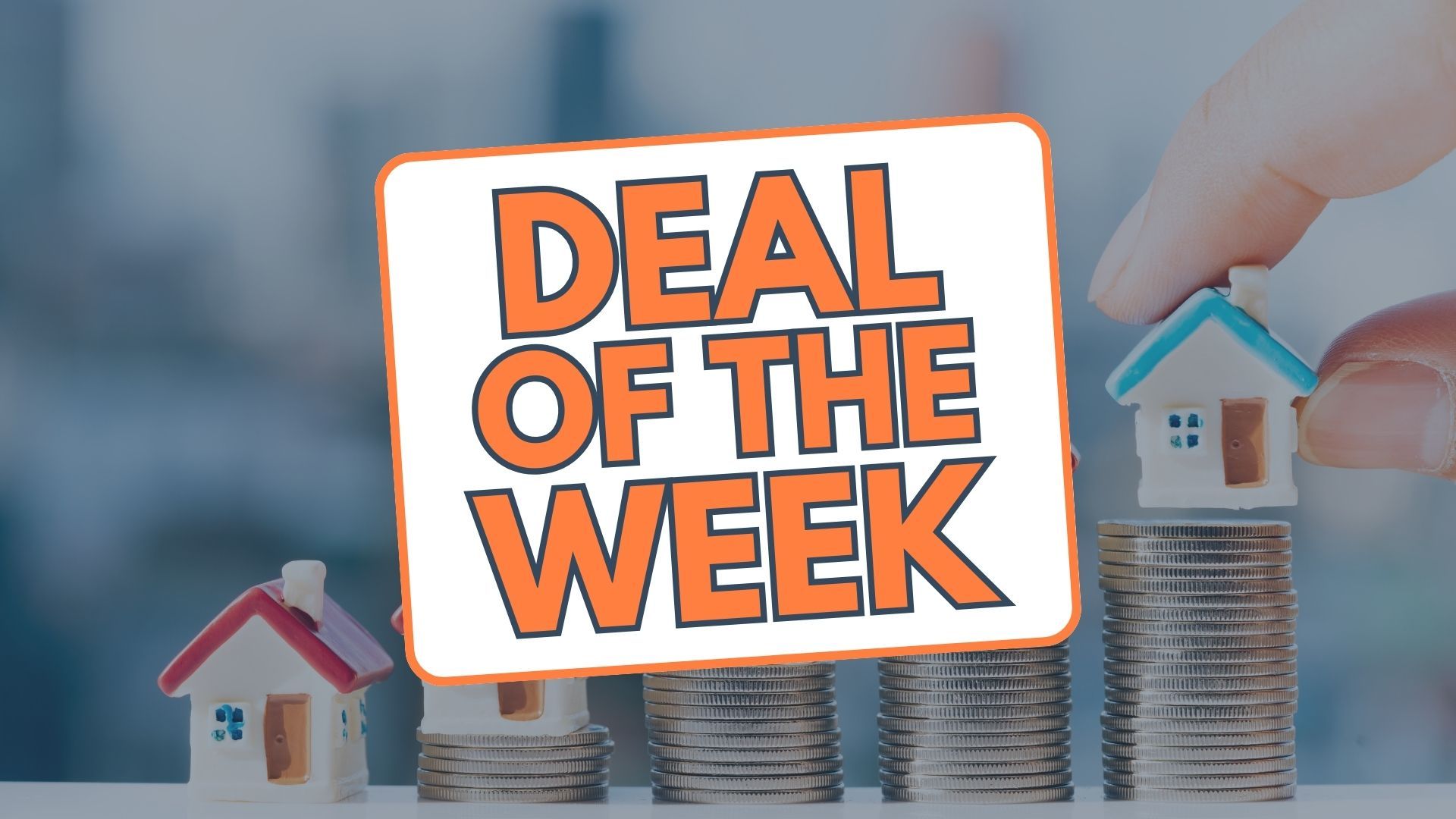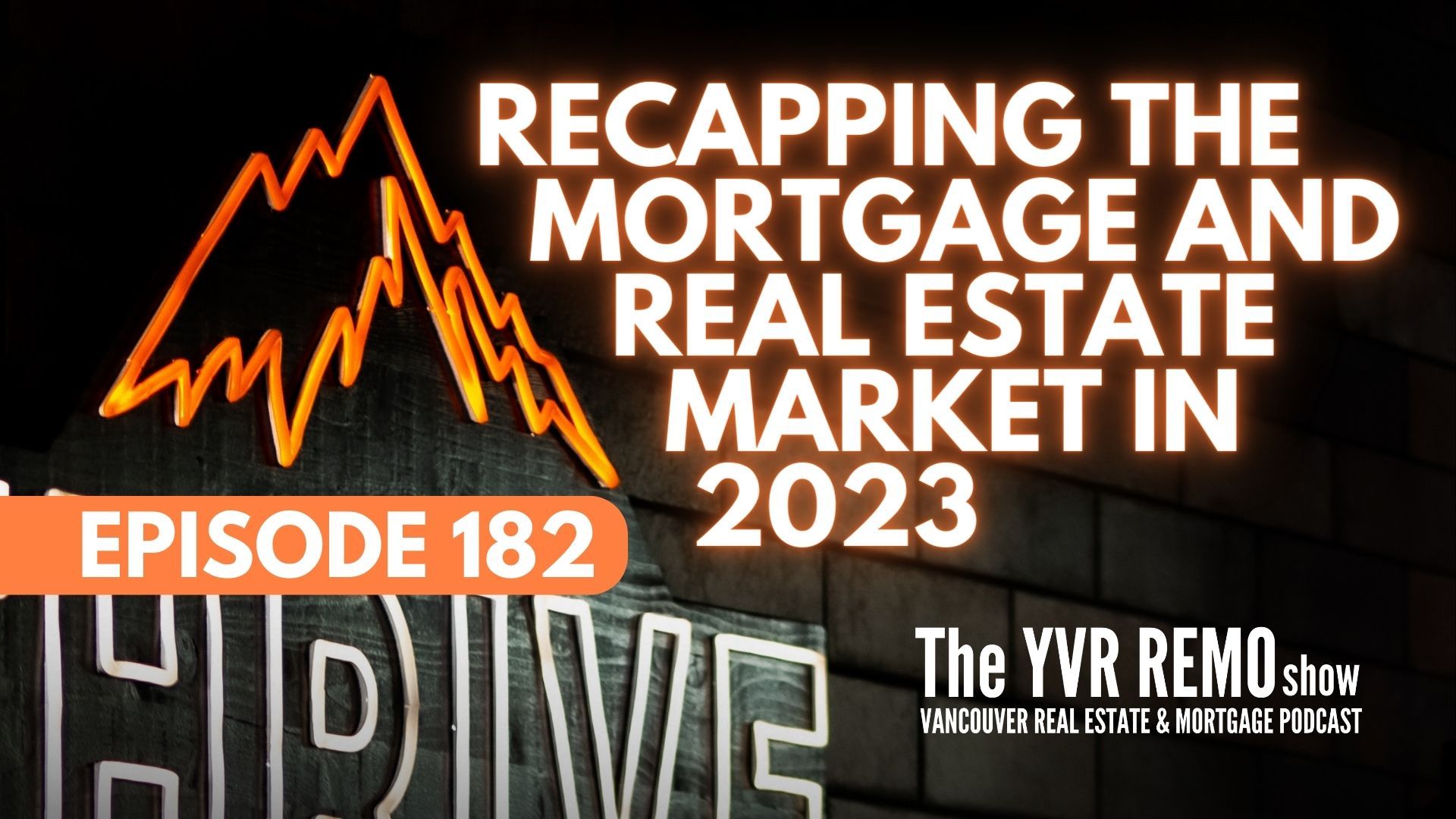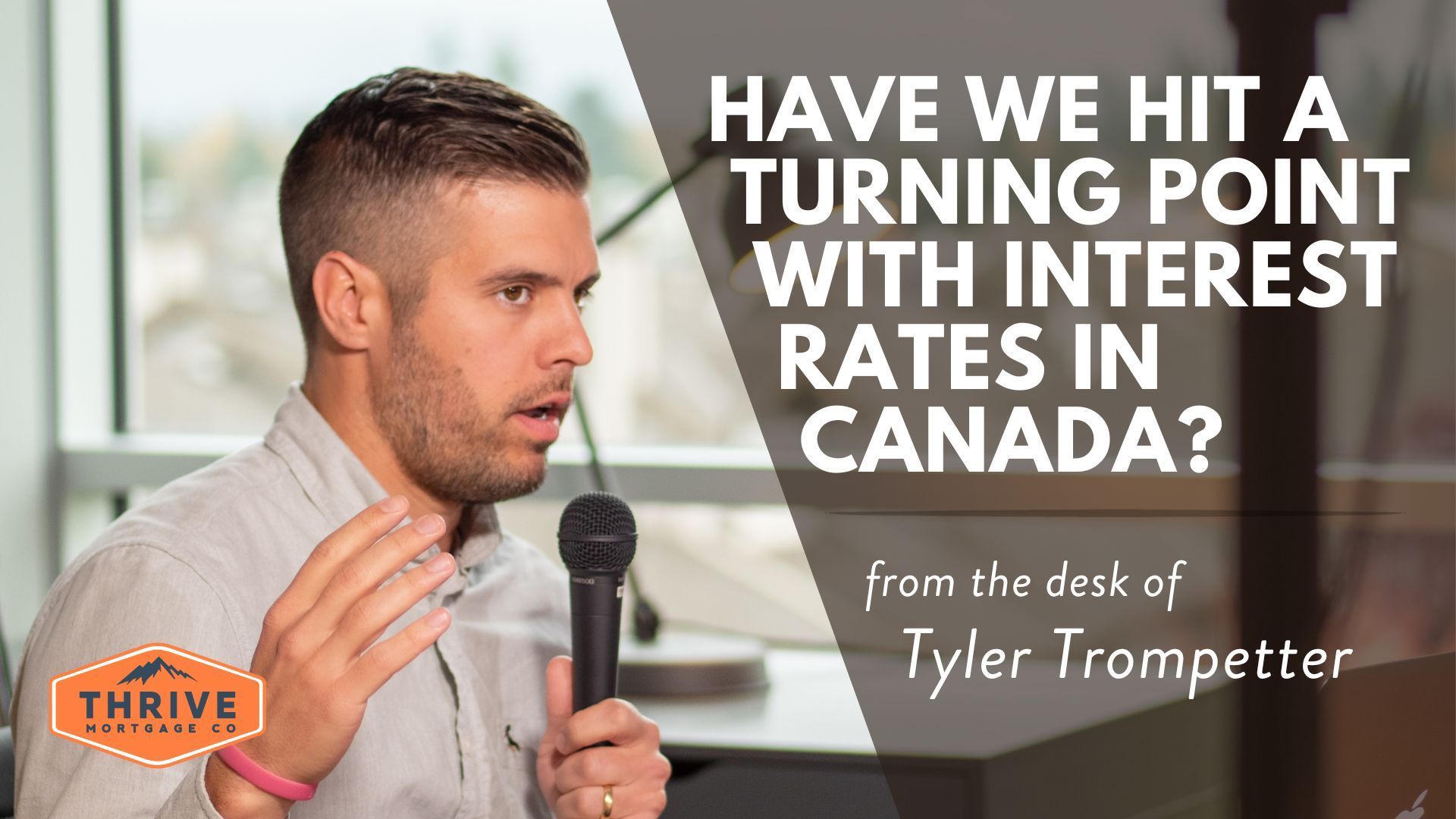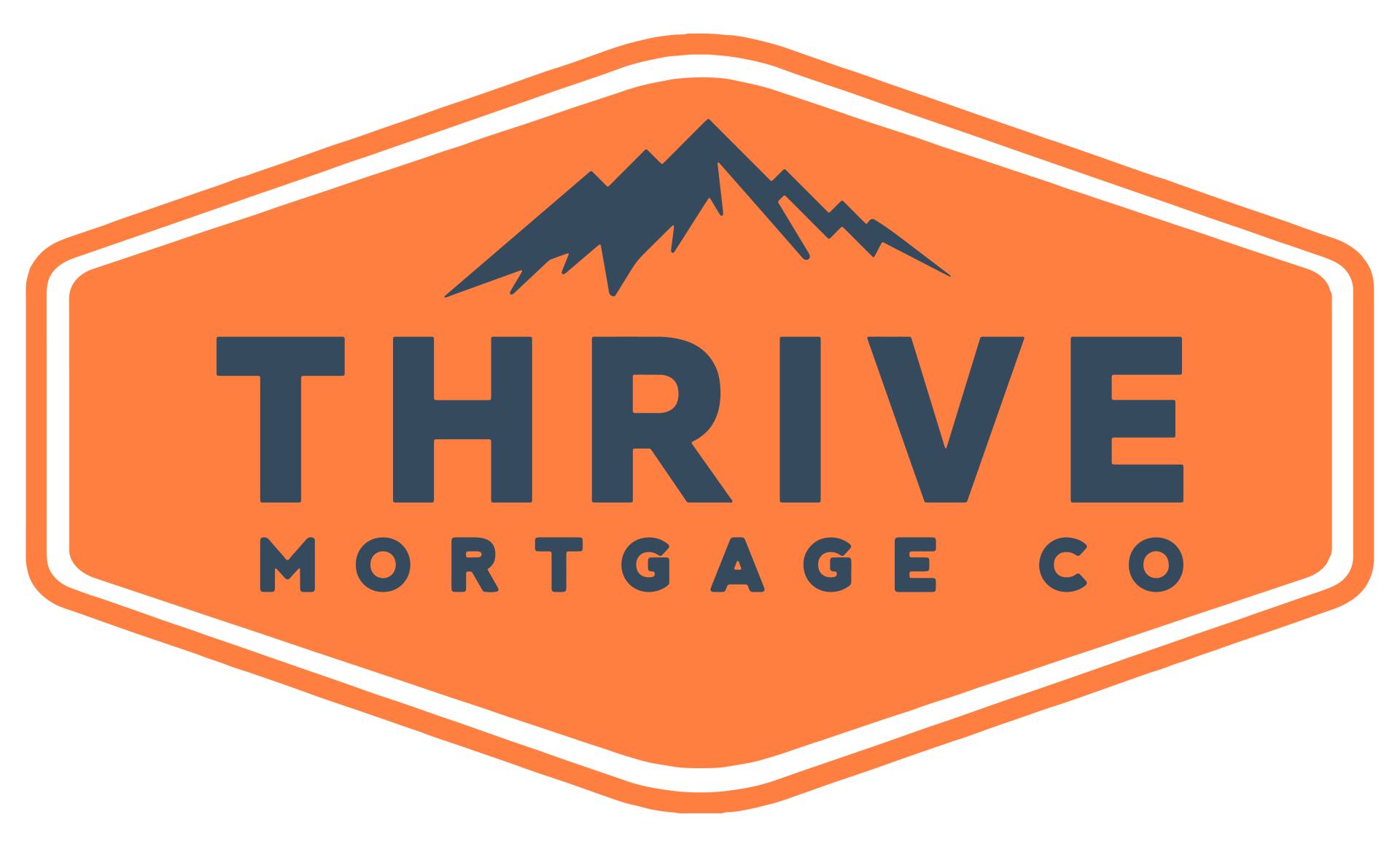The YVR REMO Show Podcast Episode 62 - Bank Of Canada's Announcement Explained
Why does the Bank of Canada make several announcements per year and how does it affect your mortgage?
We're going to help you understand what was brought up recently and summarize key details of the announcement.
Should you be worried about interest rates? What should you do regarding real estate? Tune in to our episode to find out!
Alex McFadyen
The Bank of Canada recently had an announcement. This isn't something unreasonable because the bank of Canada does announcements around eight times a year. This is where they look at policy changes, adjusting interest rates, and a variety of other factors.
What's notable about the Bank of Canada's most recent announcement is what they said about when they might make potential changes. It's starting to make waves among the industry, among consumers, among businesses trying to understand what it all means.
We're not going to try and break down everything but the goal here today is try to decipher a little bit about what they're talking about, what they're suggesting, and what you should continue doing with your mortgage.
Dean Lawton
The big takeaways for me was just the fact that they have changed their prediction on when they potentially will raise rates and the overnight lending rate is what we're talking about here.
For pretty much the entire pandemic, we've been hearing about towards the end of 2023 is when we could start to see a correction and start to get the rates going back up again. They've changed that. They've adjusted it towards the end of 2022 or potentially earlier. They could start to look at raising rates as well. Bumping it up by a full year is definitely going to cause some confusion. That's primarily the big takeaway. They've again made a change on their bond buyback. They're going to be buying a lot less than what they have been. They went from 4 billion to 3 billion on the bond buyback.
Deryk Williamson
People would read or hear this and it might cause a sense of panic and urgency if you're in a variable or a line of credit product. Keep in mind that these are predictions and predictions can change. This is all based on the first quarter of 2021. Canada's growth is actually looking pretty well. There are a lot of drivers behind that. I know real estate is a big component across the country, real estate is absolutely booming since COVID happened for multiple reasons that we've talked about before. These types of things could change what we're seeing again, and the adjustments in interest rates could be pushed out even further. We just don't know yet.
Dean Lawton
One thing on this second and third wave of lockdowns and seeing now that we are in another lockdown, especially in Ontario, it's even worse than it was when we officially locked down the first time. Everything is closed. The one thing I noticed in another article was that the second wave and the third wave didn't have anywhere near the negative impact that the first wave had. The thought of going into another lockdown and fear of things changing and rates going down again, because of economic issues, we were not seeing that this time. That was a big takeaway. I've seen from all of this that there isn't really much fear from the economy with these other lockdowns, which is a little surprising.
Alex McFadyen
I think there's a few things to take away based on some information that's leaked out in the last few days about this.
Who does it impact?
What is the communication outside?
What are people hearing?
What are people taking from it?
A lot of people take this as rates are going up today, or they're going up really quickly.
Should you lock in my mortgage?
Should you stop buying homes?
Should you be concerned about your budget and so forth?
We have to look at that first and foremost and temper our feelings and expectations. One of the things that we talk about to our clients all the time is trying not to be emotional in our decision making and really look at it from an analytical standpoint. Look at the dollars and look at the situation. Perfect example is that there are some projections suggesting that we are seeing greater anticipation of growth because of inflation and real estate because of some markets doing really well. The flip side of that is there are still record job losses. We're now just entering the third wave in the lockdown. A lot of this information that's being presented was from previous data for months in the past before we hit this new lockdown and before we hit this new wave.
Going into April and May when we're back in another little bit of a lockdown, what does that look like? If things don't continue on at this pace, do the projections get adjusted?
It's too early to tell but that was a very interesting announcement because it is a little bit different one than what they previously suggested. Any thoughts on that guys?
Dean Lawton
I've always found that the government will make these types of announcements. They're usually a lot earlier. The fact that they've been so transparent in the fact that it is way out in the end of 2023 was so new, a refreshing messaging that we've had from the government, which we weren't used to. This feels like a little bit back to the normal messaging.
Deryk Williamson
We're in a position where our government's trying to slow housing. We saw a potential stress test. When you hear about a big federal mortgage regulation adjustment, you think it's catastrophic and it's going to change the market. When you dig into the numbers, it's not huge, but I think it's more of a mental block when people see that. With the new potential stress test and maybe seeing rates going up, those two things could change a lot of people's minds on whether they should be buying.
Alex McFadyen
I think the point that you're making is a lot of what they're announcing, although it isn't a dramatic change, it gets people talking and thinking. It gets people doing one of two things, they're either going to rush right away to make a decision or they're going to hold off. We've certainly seen that already. A good majority of the real estate agents that I talked to don't fully grasp who it will or will not impact again. They probably don't know their clients finances from that perspective. That can mess with the way that they're thinking too. So again, that's the media impact, and it's probably highly intentional.
What should you be looking at doing and what shouldn't you be looking at doing?
We talked a little bit about what that means if the bank is projecting interest rates to adjust in 2022 vs. 2023. The first thing that happens is you get emails, texts, and phone calls saying should I lock in my variable rate right now?
If you want to know a little bit more about why you should be looking a little bit more long term, what are your responses to that?
Dean Lawton
I personally don't think there's any reason to lock in at this point in time. It's only an early prediction. Seeing these experts contradict, I still think that we're on track for the end of 2023. My opinion on this has not changed. I'm still very much pushing a variable rate for a number of reasons, the fact that the spread is bigger than we've seen in a lot of years. What I mean by that is the variable rate today for a five year variable compared to a five year fixed with the same bank, it's a pretty big spread. It's at least a half percent difference. We're talking potentially thousands of dollars over the course of those two years in savings. It just doesn't make any sense to change the mindset there. I'm very much thinking the same way as I did before this announcement.
Deryk Williamson
1.4% interest rates compared to a five year fixed at 2.3% or 2.4%, it's pretty close to a 1% difference between those two products. If you're sitting at a 1.4% and you go to lock in, you have to keep in mind that you're not locking into the 1.4%. You're locking in at whatever fixed rate the bank is offering you. They have different term options. A big part of that plays into this is let's say you ride out the 1.4% and you get two years out of that. When rates start to rise, nobody holds a crystal ball, but it's probably not going to be a 1% rate hike, it's probably going to be a .25% increment hike which is going to bring you from 1.4% to 1.65%. Whether that sticks around for two months or six months, you have to keep in mind, you're now still in a 1.65% compared to that 2.3% that you would have locked into. There's a lot of savings and just having these dates and these predictions in place, we've never really had this before. There's a lot of benefit in sticking with a variable. There are some really good strategies that go along with that. We have a lot of clients that will actually set their mortgage payment higher than what they should be paying but they're in the variable. They might set their payment to that fixed rate payment. They've already accounted that they're paying down a ton of additional principal, they're saving on interest and they're building up that buffer even further. When rates do change, there's so much savings in that mortgage already that they really can't lose.
Alex McFadyen
When COVID hit last year, you shouldn't sell off all your stocks investments immediately to get out. You got to hang tight and you got to hang on for the ride. It's no different in the variable rate market here as well because I think a lot of people don't realize the fact that one of the key reasons they usually get into it is because it is a long term play. The other factor that people tend to forget immediately is half the time people take a variable rate of probably more is because they don't have to stress out about prepayment penalties. How many times a day do we have to talk to people about prepayment penalties? That's quite literally one of the main reasons to go variable, especially for clients who want to be able to access equity and repay other debts, expensive debts, and invest in real estate. Doing variable for 10 years now, I won't go back.
Deryk Williamson
Risk and reward. Obviously there is a risk of rates going up but if you can educate yourself enough on the product and understand timelines or predicted timelines, you can make a decision from there.
Alex McFadyen
If you're having that thought, should I lock in or should I not lock? You got to reach out to your lender directly and ask them to get you their offers. If you want a second opinion, you can send the specific offers and scenario over to us and we'll let you know, again, assuming you're a client of ours. We'll let you know if it makes sense if you're looking to restructure the loan and take advantage of current rates because generally speaking, if you're locking in, you're not going to get best rates.
Longer term projections. We talked a little bit about the stress test, let's just really quickly touch on that one more time. It hasn't taken effect yet. but are you noticing any difference in the marketplace and people's reactions yet?
Deryk Williamson
I think it's been misconstrued completely. I've probably spoken with 20 different clients that have had some fear behind it when they've seen the news just because of how it's portrayed. When we run the numbers, for them, it's a fairly minimal adjustment. What I've been telling everybody, as of now, the mortgages that are being impacted are uninsured mortgages. When there is mortgage insurance, the lending guidelines and regulation is very tight. On uninsured mortgages, there's typically on a fairly strong file and there's room for exception. If your qualification has decreased by $30,000, typically in that type of a mortgage, because of the down payment or the strength and the borrower, we can usually get an exception if you need a little bit more money. As of right now, I haven't seen any real dramatic impact to any of our clients, even if these changes do take place, which they probably will.
Alex McFadyen
What is typically an uninsured situation? That's rental property, that's a 30-year mortgage, and that's a refinance. These are the people that are mostly impacted. It's going to get people to make changes just 100% based on not understanding things. Talk to an expert first.
I was talking to a client the other day and they went and talked to a teller at the bank who told them it impacted them and that was their understanding of it. This client was buying with 5% down. There's no impact to that client. You're buying with less than 20% down new and first time homebuyers. Keep in mind, this does not impact you at all.
Anything that you've seen change in regards to first time buyers in the last 6 to 12 months?
Deryk Williamson
I think a lot of people, especially if you weren't in the market, were watching to see what would happen with COVID. A lot of people thought the market might crash. When we started to see what was happening, a lot of people were on the fence and they started to see the market pick up and then it's kind of this rush of buyers trying to get in as prices increased. We've actually seen some first time buyers get priced out of what they could have bought eight months ago or a year ago. I'm also seeing a lot of people actually lean on family, if it's available to them. Maybe it's getting their downpayment from 5% to 20% to increase your qualification to get that detached home that has gone up and over their qualification, but I've just seen a lot of family support. This has been from co-signing to increasing downpayment. If you think you're hitting a wall, have a conversation, it doesn't have to be a gift necessarily. You can lend the money from your parents and you can pay them back when you sell the house, but definitely exhaust all of your resources if you think that you can't get into the market.
Alex McFadyen
I have been getting a lot of questions lately about the first-time homebuyer program. I don't think we funded a single one yet. It's not what I would consider to be an impactful program a year and a half later. It was introduced in 2019. Still not an impactful program, not a material program. Here's the biggest confusion that I'm hearing about it: it does not increase your purchase price, it does not increase the amount that you can borrow, you can still borrow the maximum amount which is exactly the same, and it just slightly decreases the loan in exchange for giving the government some of your house. There are certain situations where it makes sense, but still very minimal from our perspective.
Let's talk a little bit about just some of the things that we're seeing on the investment front and the investment area. With the last episode we had Michael Ponte talking about out of town investing and in different regions, the first quarter of the year I saw a lot of interest from an investment standpoint in the marketplace. In the last 30 days since this whole stress test and a few other factors, it's been a lot quieter from my end on the investment front, which I think is a huge mistake.
Deryk Williamson
What I have seen with the value of properties and what's going on in the last year, it makes it very tough to create cash flow. If you're doing 20% down, you're typically going to be losing money month over month. There’s unique properties out there but I think a lot of people are forgetting that they can look out further. I have some clients that are buying some properties in Chilliwack. There's great cash flow. We're not seeing that rental investment type purchase in and around Greater Vancouver at all right now.
Alex McFadyen
Speculation has been the only thing that I've seen a lot of people jump into, which is a bit scary for me. That's something that actually was up in that most recent announcement speculation. Basically, if you're not sure if someone is buying and holding onto a piece of property, hoping to quickly sell it and flip it in a short amount of time, sometimes not even doing any work at all. The market that we're in right now, one of the hottest commodities is a single family detached home with a suite to provide rental income. I'm seeing houses with a strong suite go for an extra $100,000-$150,000. I've actually had in the last few weeks, people come calling me and saying, “I think I want to buy a house, suite it and then flip it in 30 days. What are your thoughts on that?
Deryk Williamson
I think it opens up this whole other window of buyers because what we see from a qualification level is you throw a suite in a house with rent, we can sometimes get people an extra $150,000 of the mortgage. It's changing a lot of people's pre-approval and it's opening up that next level of purchase price. This brings another wave of buyers. If you're buying a detached home in Langley for $1.3 million, most people want to have a suite. There's just a huge market for it.
There's an interesting stat that I read this morning in regards to the year of 2020. There was $34 billion in interest savings in mortgages, just in Canada alone. That's because of rates being at the bottom end that they've ever been, but in addition to that people paying down more on their mortgage and taking advantage of this while we have it so doing lump sum payments and increasing your payments by $200 bucks. I think a great piece of advice that these rates are not going to be like this forever, take advantage of it. Increase your monthly mortgage payments if you can afford it. Realistically, if you're in a fixed rate, you are going to see a pretty dramatic rate increase at the end of your term. If you're at a variable rate it will start to go up eventually. If you can, make use of this while we have it and pay down a big chunk of your principal. It's huge savings in the long run.
Alex McFadyen
Get that refinance into a lower rate and open up your equity. Get your line of credit set up or pull the equity out right now so that you can do that investment.
Have more questions? Get ahold of us!
We're on Instagram!
instagram.com/thrivemortgageco
Check us out on Facebook!
How to Reach US! 📲
Call 604.398.5575 or Email us!
More Questions or READY to get started!?
Just Ask US > Click Here to set up a call or EMAIL us
